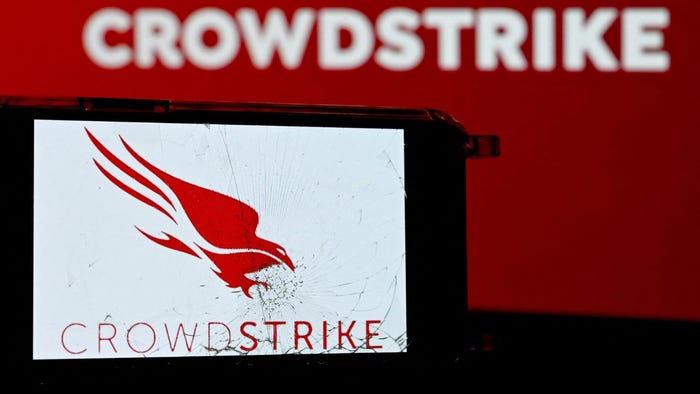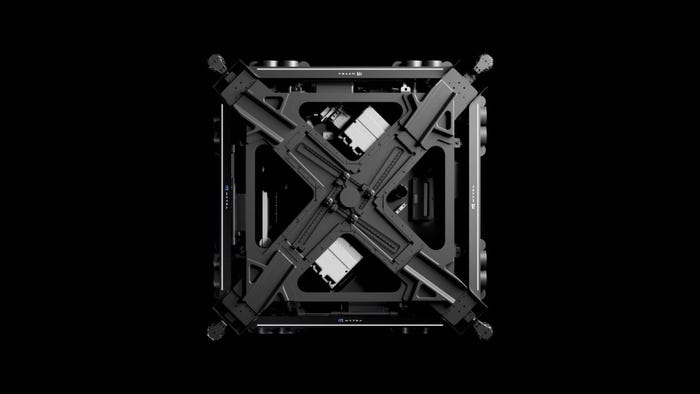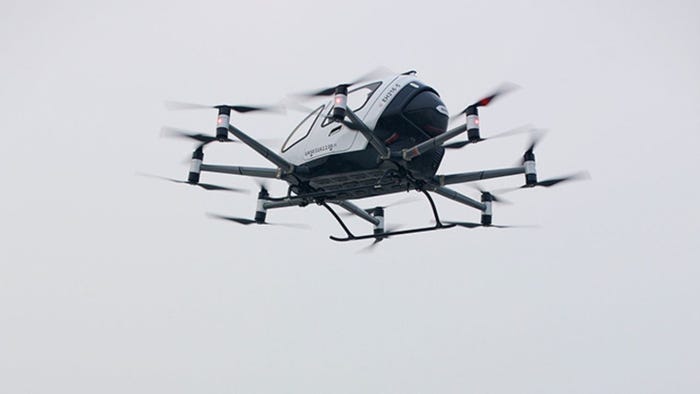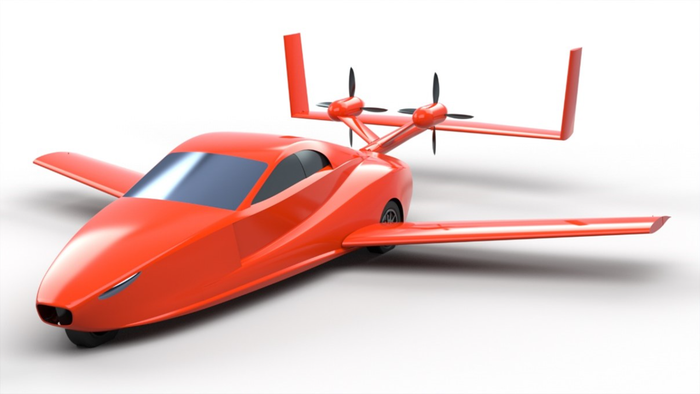Why Chicago is a Smart City King
The Windy City benefits from both strong local support and the unique infrastructure of the entire Midwest region.
May 4, 2016

Chicago certainly is ambitious when it comes to smart cities initiatives. The city is moving full steam ahead with its Array of Things project, which will install some 500 sensor nodes on its streets, marking a step towards Chief Information Officer Brenna Berman’s vision of transforming Chicago into the “most data-driven government in the world.” The sensors will collect data on everything from traffic, air quality, sound levels, temperature, and the water levels on streets and gutters. The information from the sensors, which will help inform city planning decision and longer term research, will be publicly available for citizens to analyze.
While Chicago is later to the smart city game than, say, Singapore, Barcelona, or Amsterdam, it is making up for lost time, explains Don DeLoach president and CEO of Infobright who also co-chairs the ITA IoT Council. “In Chicago, there is the political will and the organizational structure required to make this happen,” DeLoach says.
Chicago’s smart city initiative also has the backing of many local companies, the state of Illinois, and the federal government. The city’s Array of Things initiative is bolstered by a $3.1 million federal grant from the National Science Foundation. “We also we have the support of some smaller local startups as well as a cross section of horizontal and vertical players like Accenture, Zebra Technologies, Motorola, and Caterpillar,” DeLoach says. The city also has partnerships with an array of prominent academic institutions both inside and outside of the Illinois. The Windy City is also collaborating with California-based tech heavyweights like Cisco, Microsoft, Qualcomm, and Intel.
Chicago hosts a growing number of smart cities and IoT–related conferences, including Penton's inaugural IoT Emerge event, held November 2–3.
“But it isn’t just Chicago driving this transition itself—it’s the entire Midwest. The industries that will most benefit from the Internet of Things are present there. For instance, the medical device technology industry has leading hubs in both the Twin Cities and the greater Chicago area. And remote monitoring made by these companies could play a major role in smart cities—making hospitals more efficient and improving ambulance response time. There is a large industrial base spread throughout the Midwest, which stands to benefit from the so-called fourth industrial revolution. Finally, the Midwest is a leader in transportation technology. In the future, connected cars, for instance, could help cities identify potholes and automatically alert authorities of collisions. “The Midwest is not so much where IoT is created as much as it is where IoT will happen,” DeLoach says.
Chicago’s smart city efforts were recently recognized by the U.S. State Department, which asked the city's CIO Brenna Berman to attend a United Nations conference on IoT in Geneva. Berman is the only representative from North America at the event.
About the Author(s)
You May Also Like






